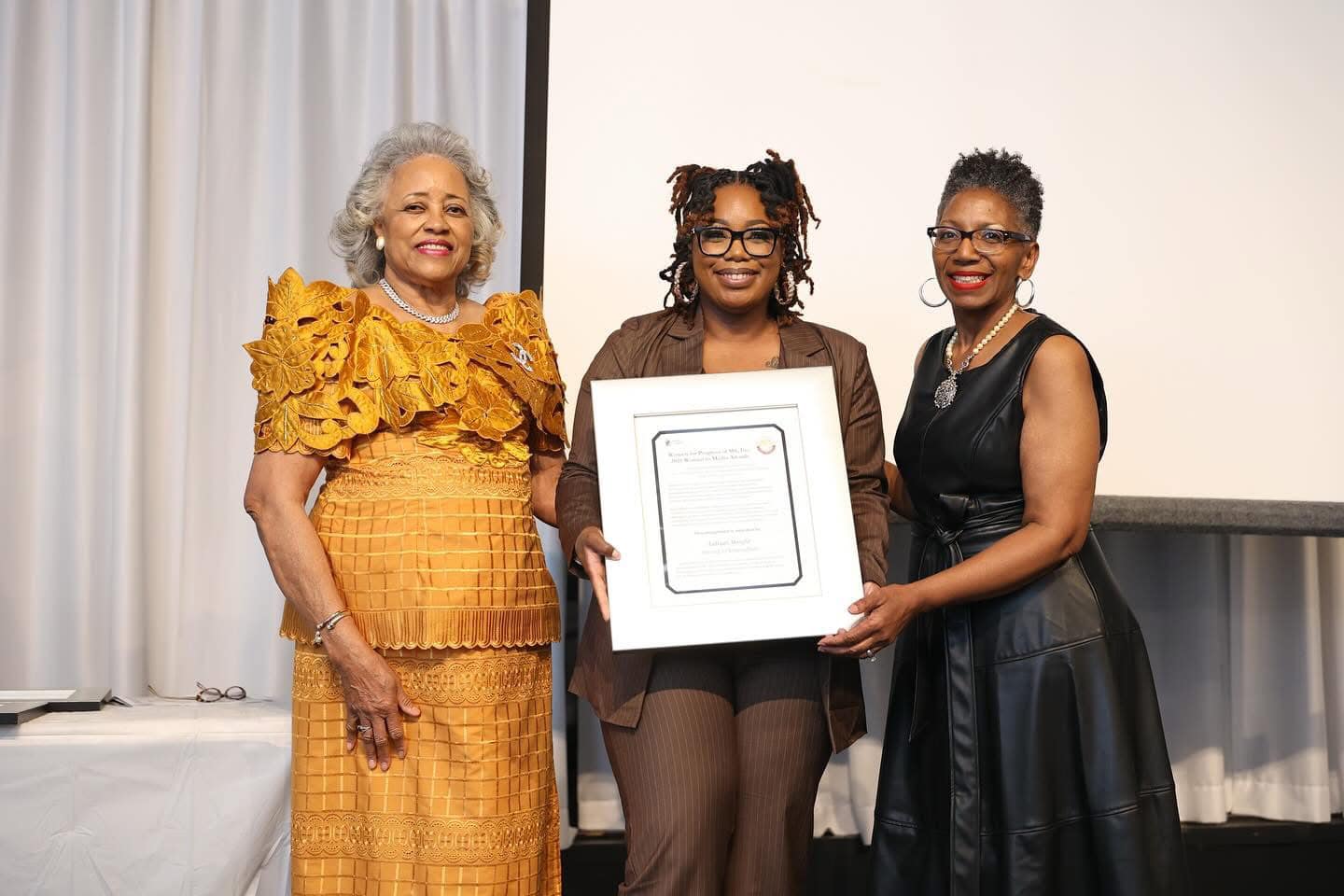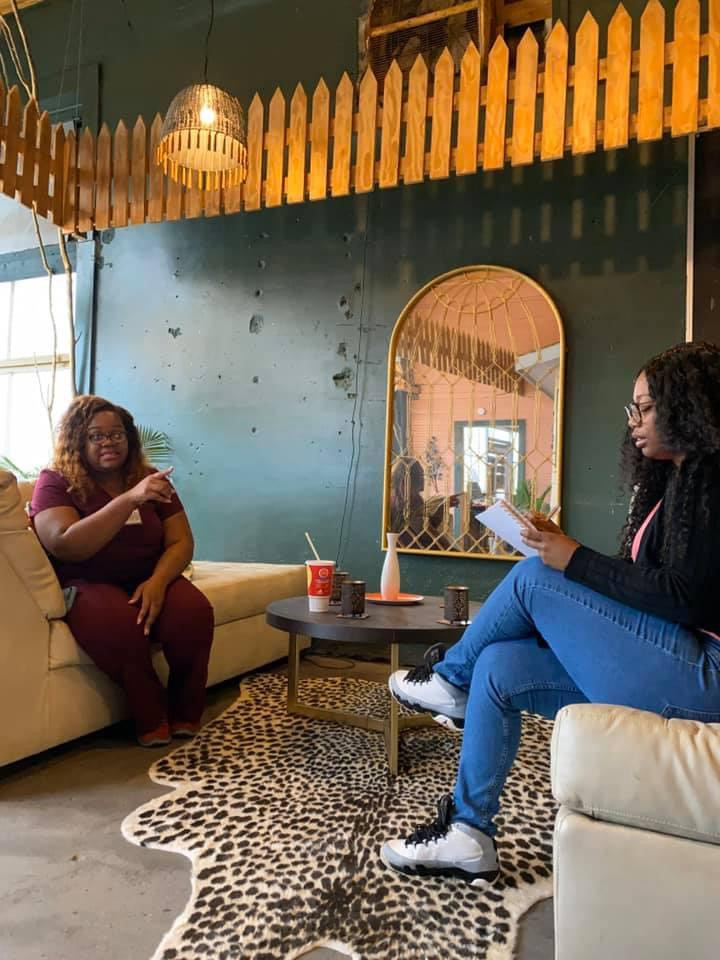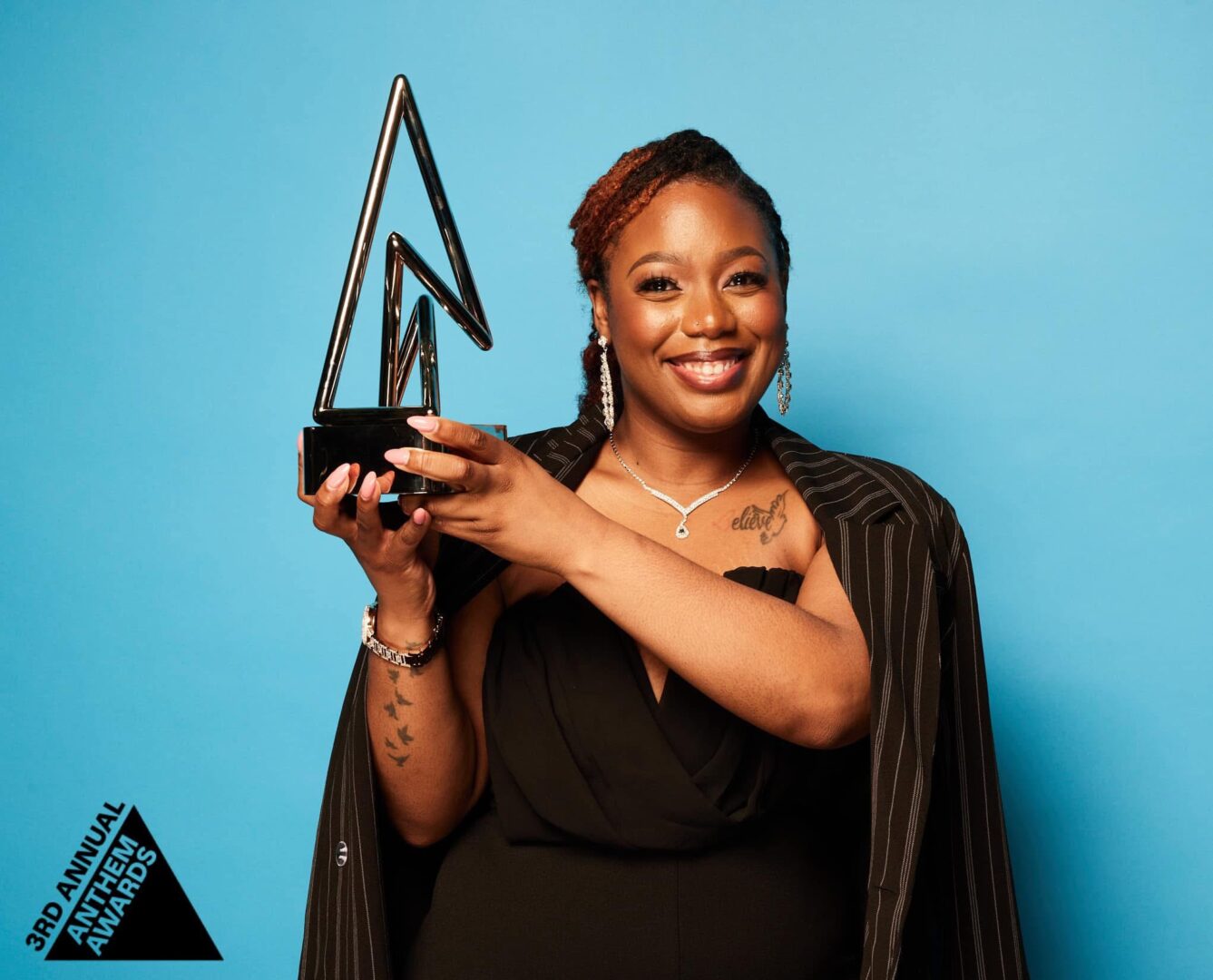We caught up with the brilliant and insightful Aallyah Wright a few weeks ago and have shared our conversation below.
Aallyah, thanks so much for taking the time to share your insights and lessons with us today. We’re particularly interested in hearing about how you became such a resilient person. Where do you get your resilience from?
Resilience is part of who I am because of where I’m from. I draw my resilience from my roots in the Mississippi Delta—a beautiful place filled with real challenges. It’s a region where grit and grace coexist. The soil is some of the most fertile in the country—same with the stories, the music, and the spirit of the people. It’s the birthplace of the blues, and that sound didn’t come from comfort—it came from pain, perseverance, and pride. Growing up surrounded by rich history, culture, and people who know how to survive and thrive regardless of the circumstances has profoundly shaped me. This environment teaches you to keep your head held high, no matter what is thrown your way. I take those lessons with me in everything that I do and everywhere that I go.

Let’s take a small detour – maybe you can share a bit about yourself before we dive back into some of the other questions we had for you?
At my core, I am a storyteller. Professionally, I am a national journalist for Capital B, and I cover Black communities in the rural U.S. South. I also create journalism based on documentary theater through StoryWorks. While I’ve received awards for both my reporting and artistic projects, what I’m most proud of is the trust I’ve built with people who share their stories with me. Whether I’m writing a play about Mississippi civil rights leaders like the late Vera Pigee or Andrew Hawkins, or reporting on the ongoing efforts by government and private entities to seize Black-owned land, I always center the voices of those most directly impacted. My work has also led to direct action, resulting in Mississipi residents receiving government support for their water crisis, the public raising funds for a family in Texas to fight for their land, and amplifying the voices of rural communities in Alabama who hadn’t held elections since the Voting Rights Act.
Looking back, what do you think were the three qualities, skills, or areas of knowledge that were most impactful in your journey? What advice do you have for folks who are early in their journey in terms of how they can best develop or improve on these?
Three qualities that have been most impactful in my journey are deep listening, persistence, and a commitment to the truth-telling. Deep listening has helped me build trust. When someone shares their story, especially one rooted in trauma or resistance, they can sense when you are genuinely present. It’s not just about collecting quotes; it’s about showing respect and care for the complexity of their experience.
Persistence has carried me through stories and projects that didn’t come easily. Whether I am chasing documents, navigating bureaucracy, or facing resistance from institutions, staying committed to a story—especially one that matters—has made all the difference. A commitment to correcting the narrative and providing historical context adds depth to my work. Understanding the history — the “why” —allows me to frame stories in a way that connects the past to the present.
For folks early in their journey, I’d encourage them to practice deep listening and allow it to inform the work you do in your communities. I also hope you stay true to who you are. Don’t let anyone silence you or deter you from your dreams or tell you that you’re not good enough. You’re more than enough and you deserve to be in every room and at every table. Or, you can just create, or build, you worn. Don’t let anyone tell you otherwise.

Any advice for folks feeling overwhelmed?
As a journalist, I consistently juggle deadlines and personal projects. But over time, I’ve found a few grounding strategies that help me recalibrate when everything feels like too much. One of the best things I’ve learned is goal setting and planning. If it is not in my calendar, it will not get done. I create a schedule of when things are do, then I set a goal for when I need to get things done. For example, if I committed to a three month project, I’d work backwards from the end date. I’d ask myself what needs to get done monthly, then assess how that translates weekly and or daily. I also just take one day at a time. I take a walk or go workout, and prioritze rest and self care. It is necessary.
Contact Info:
- Instagram: https://www.instagram.com/journalistaallyah/
- Facebook: https://www.facebook.com/journalistaallyah
- Linkedin: https://www.linkedin.com/in/aallyahwright/
- Twitter: https://x.com/aallyahpatrice

so if you or someone you know deserves recognition please let us know here.




